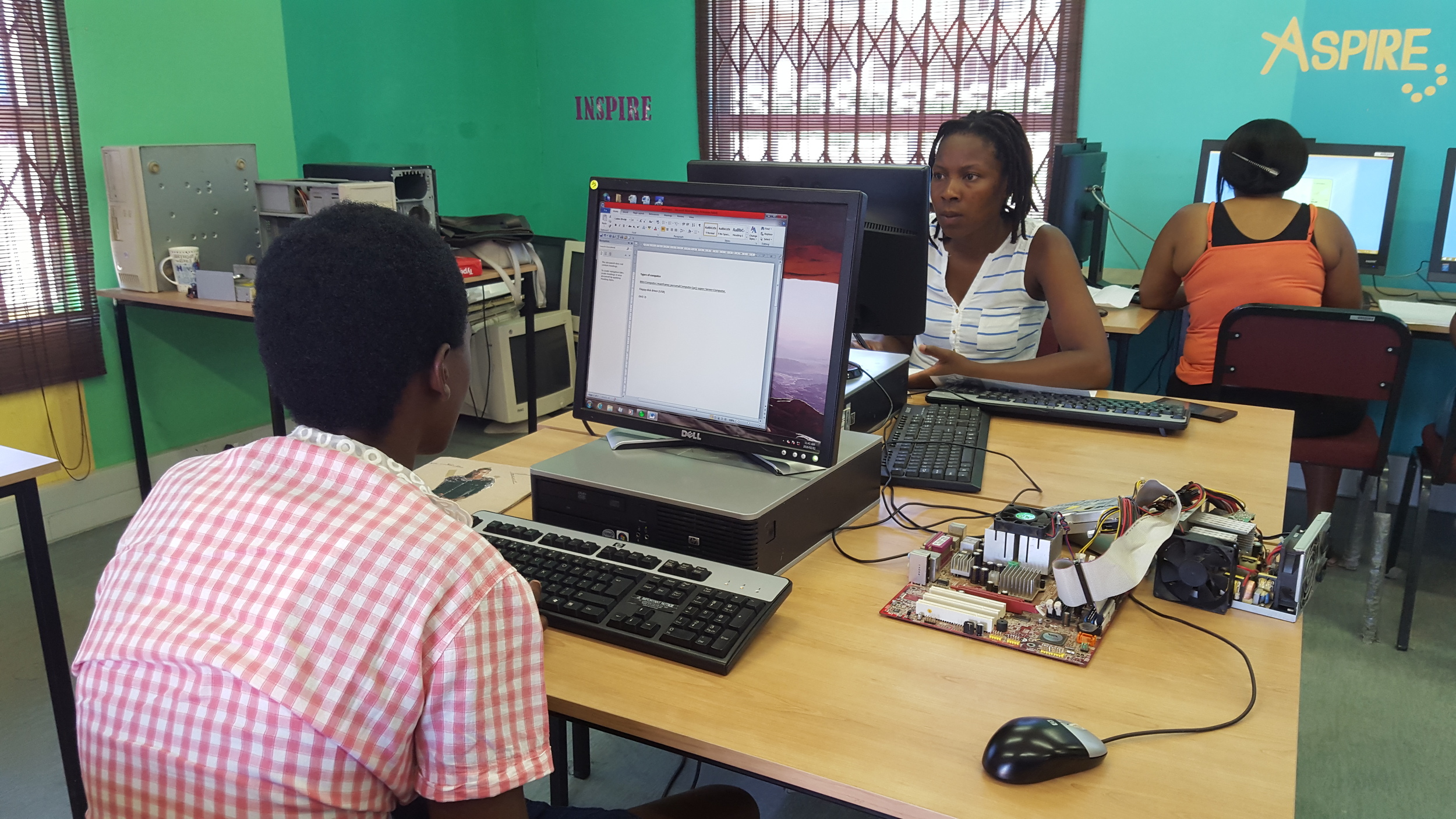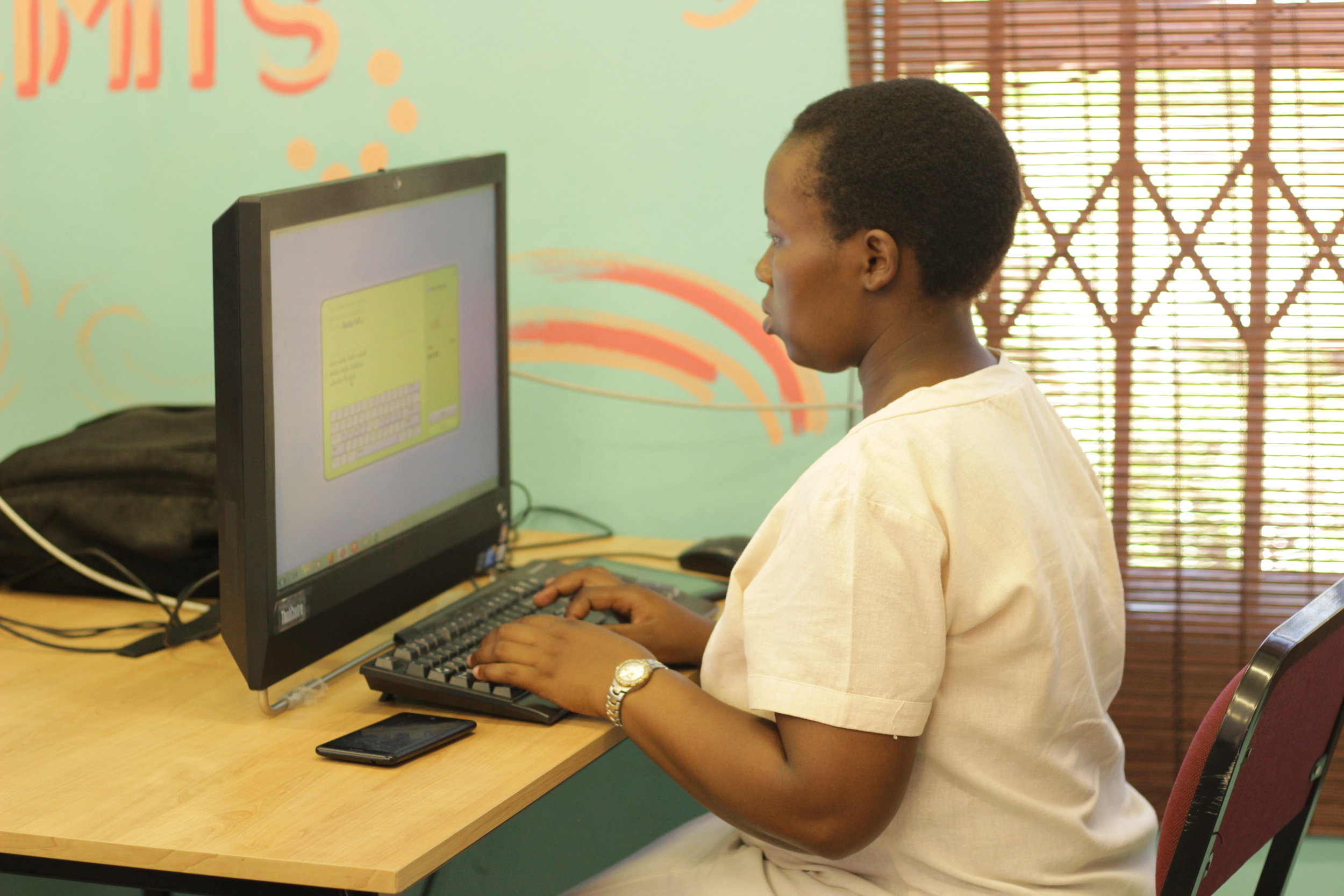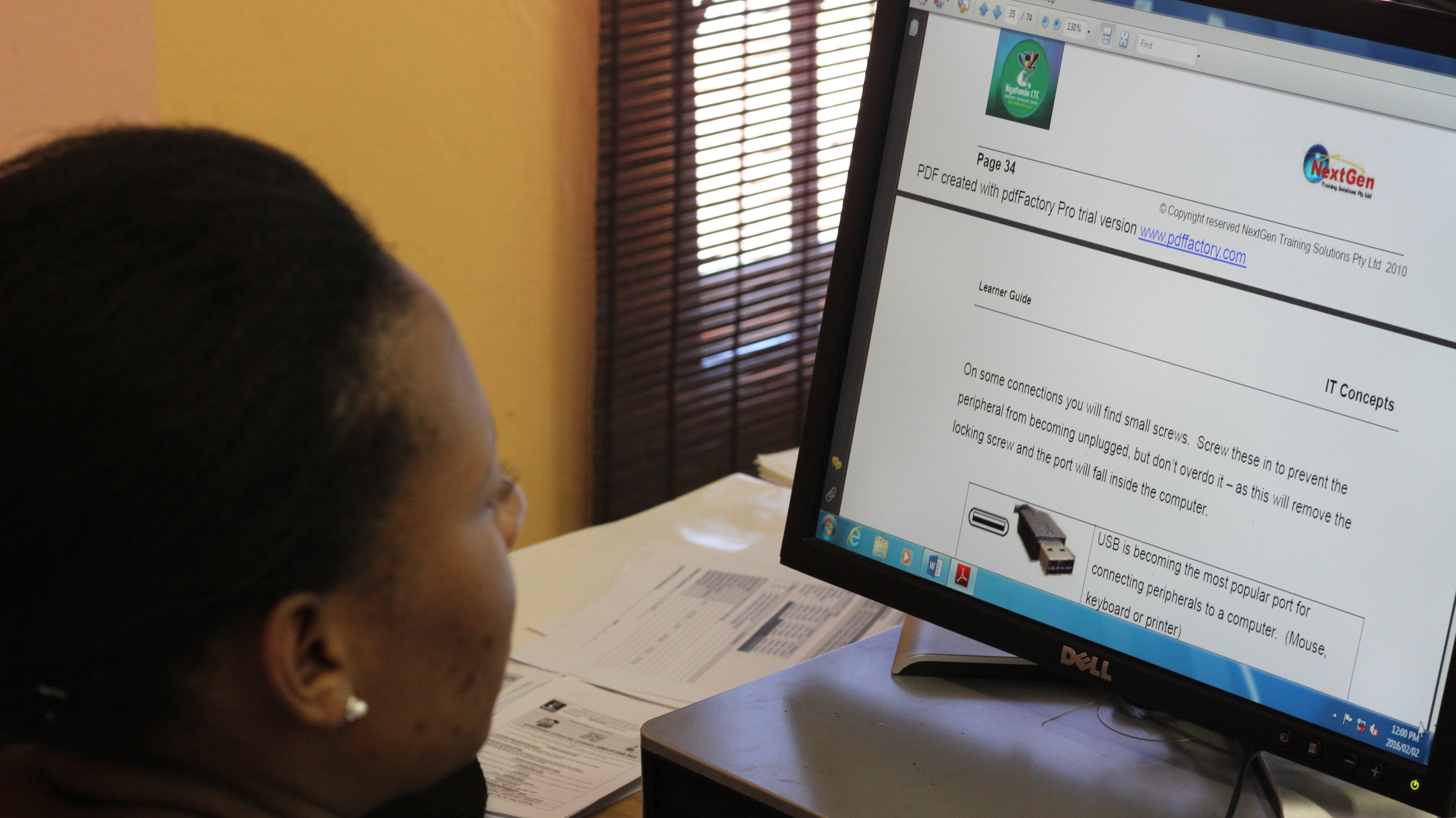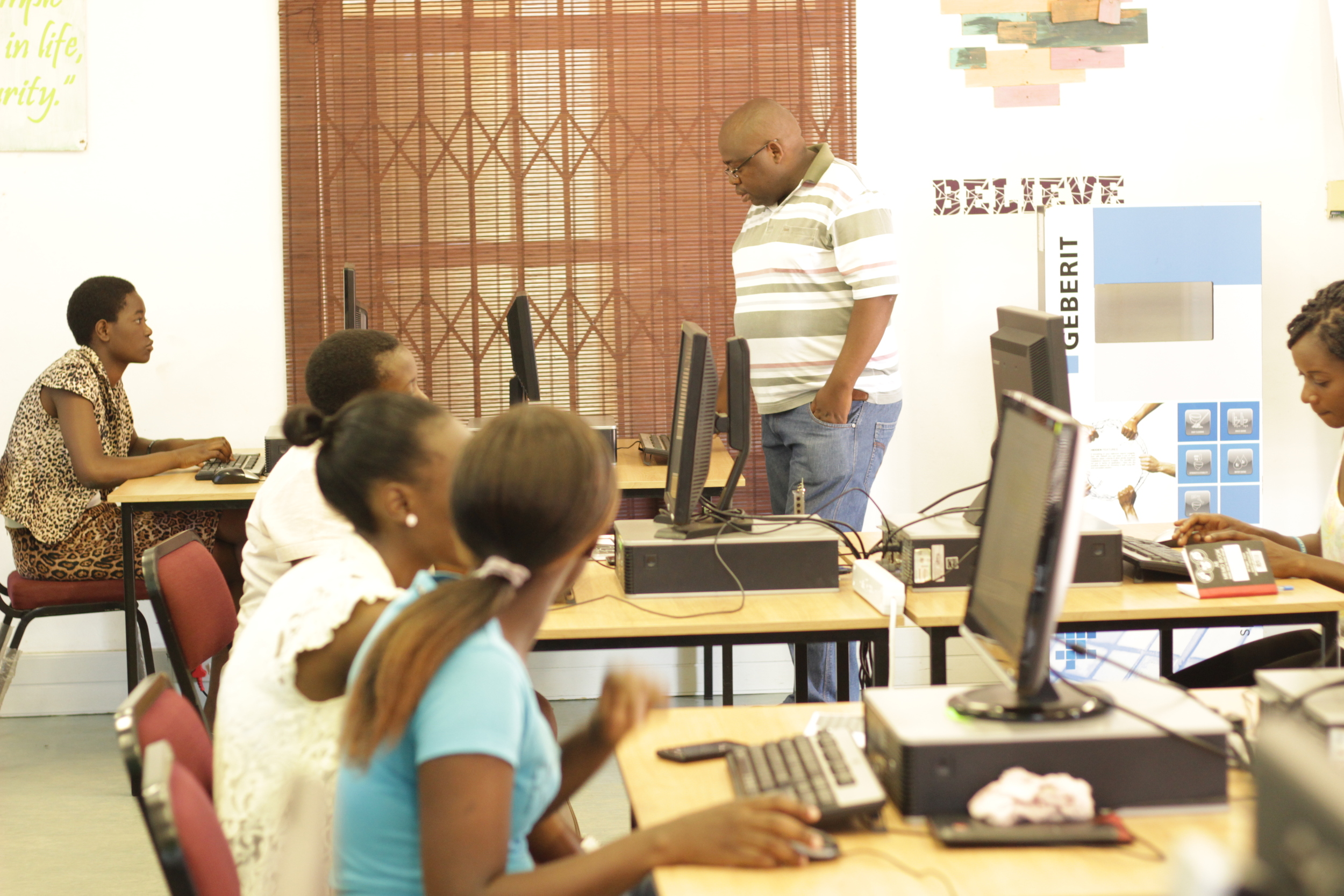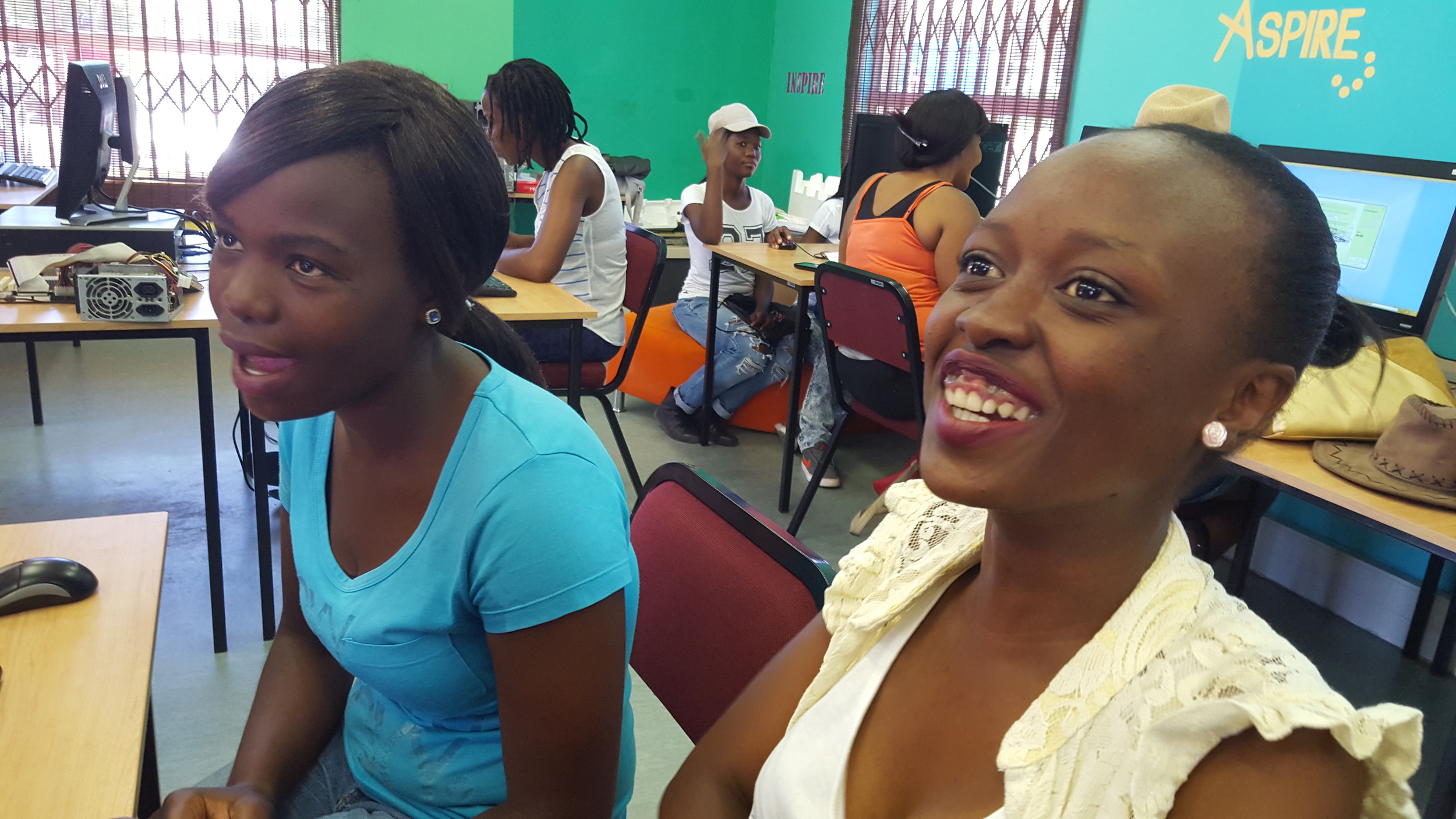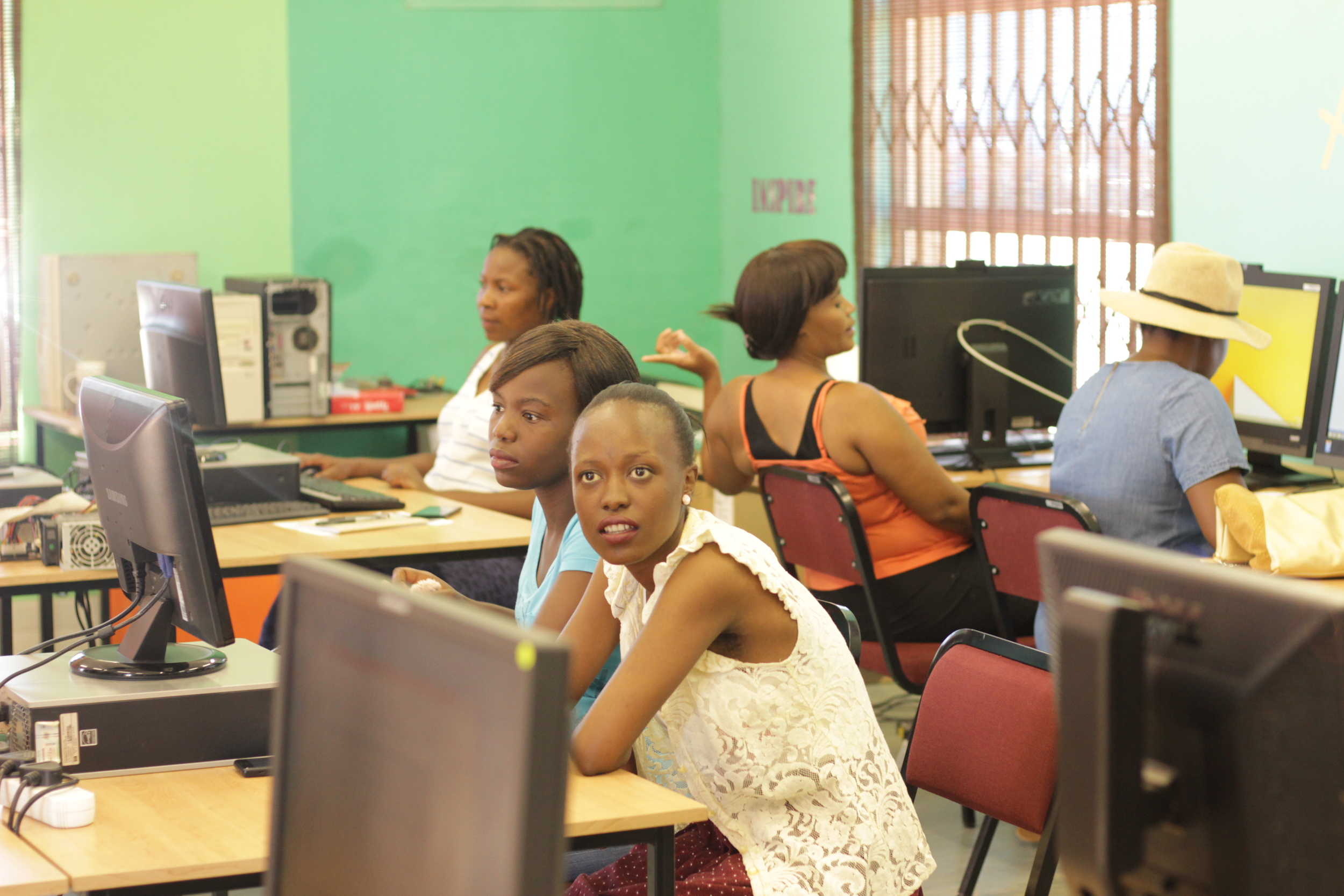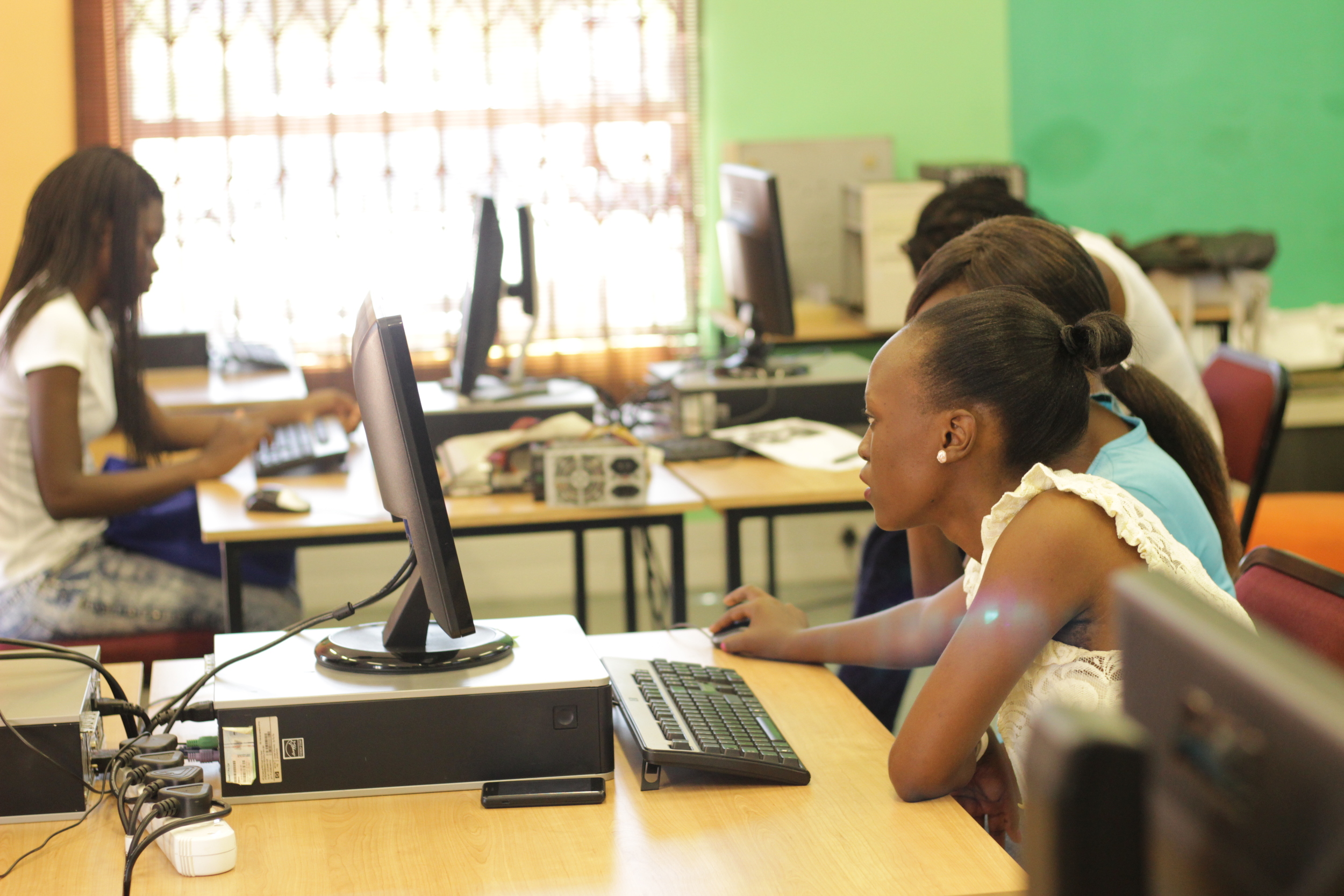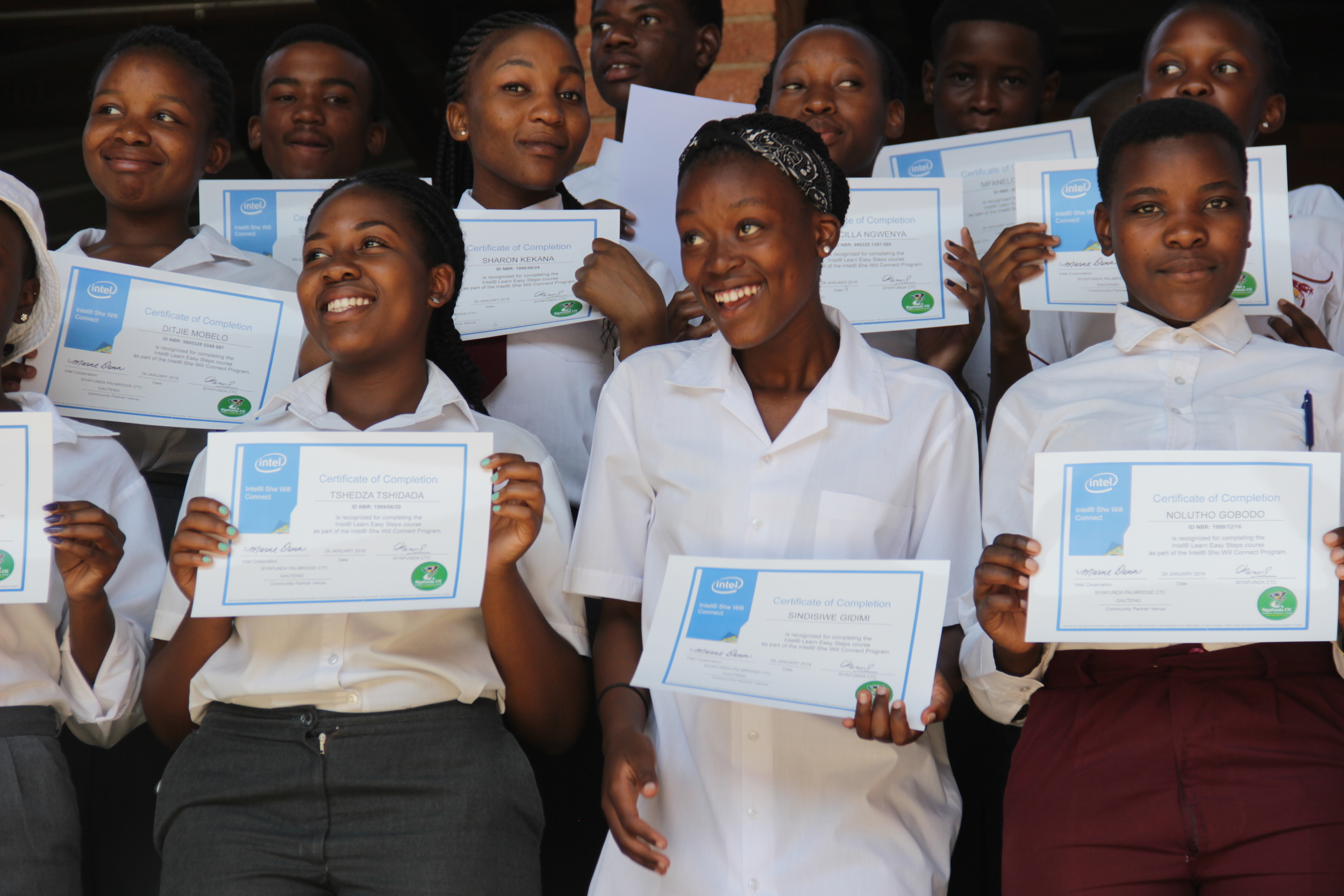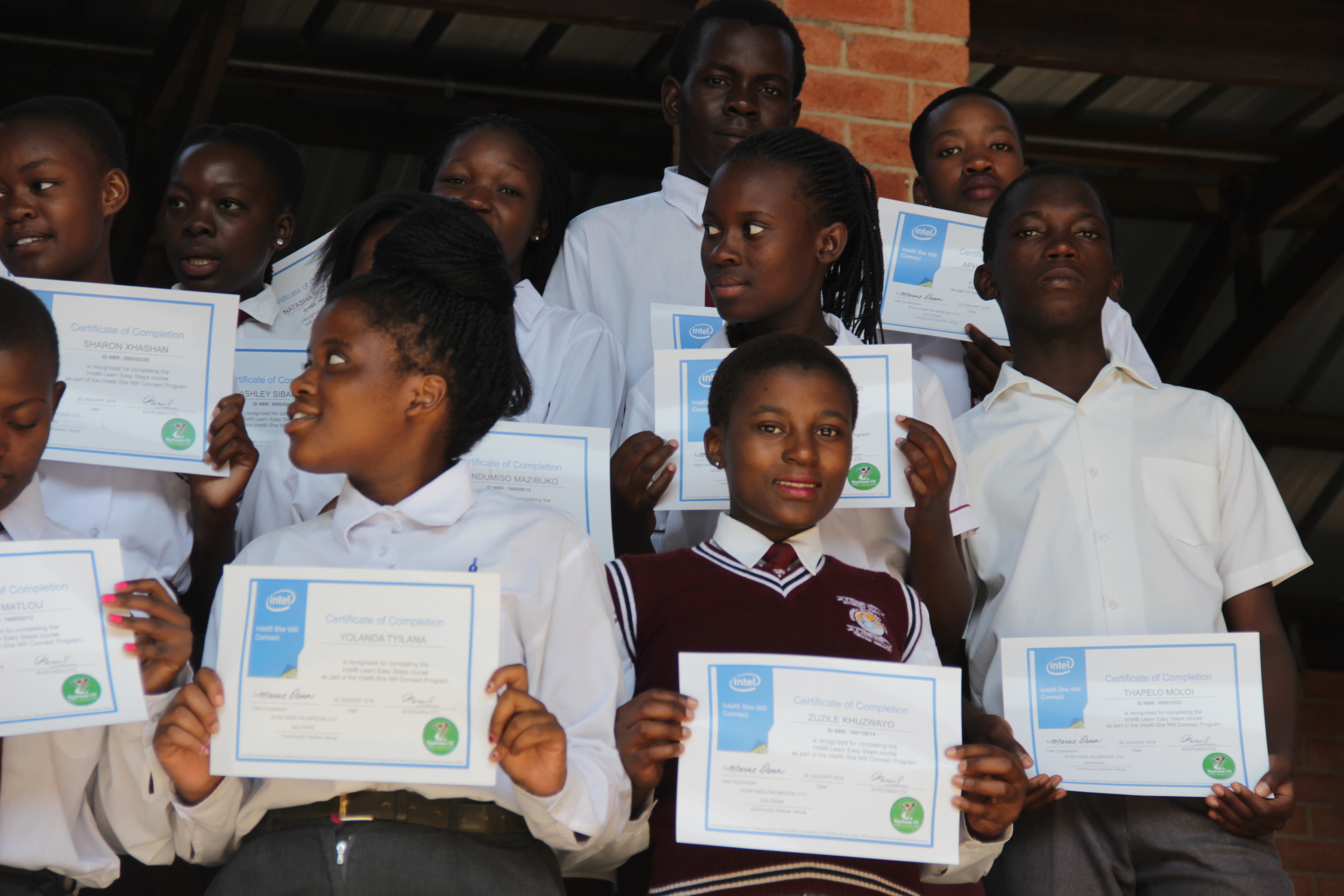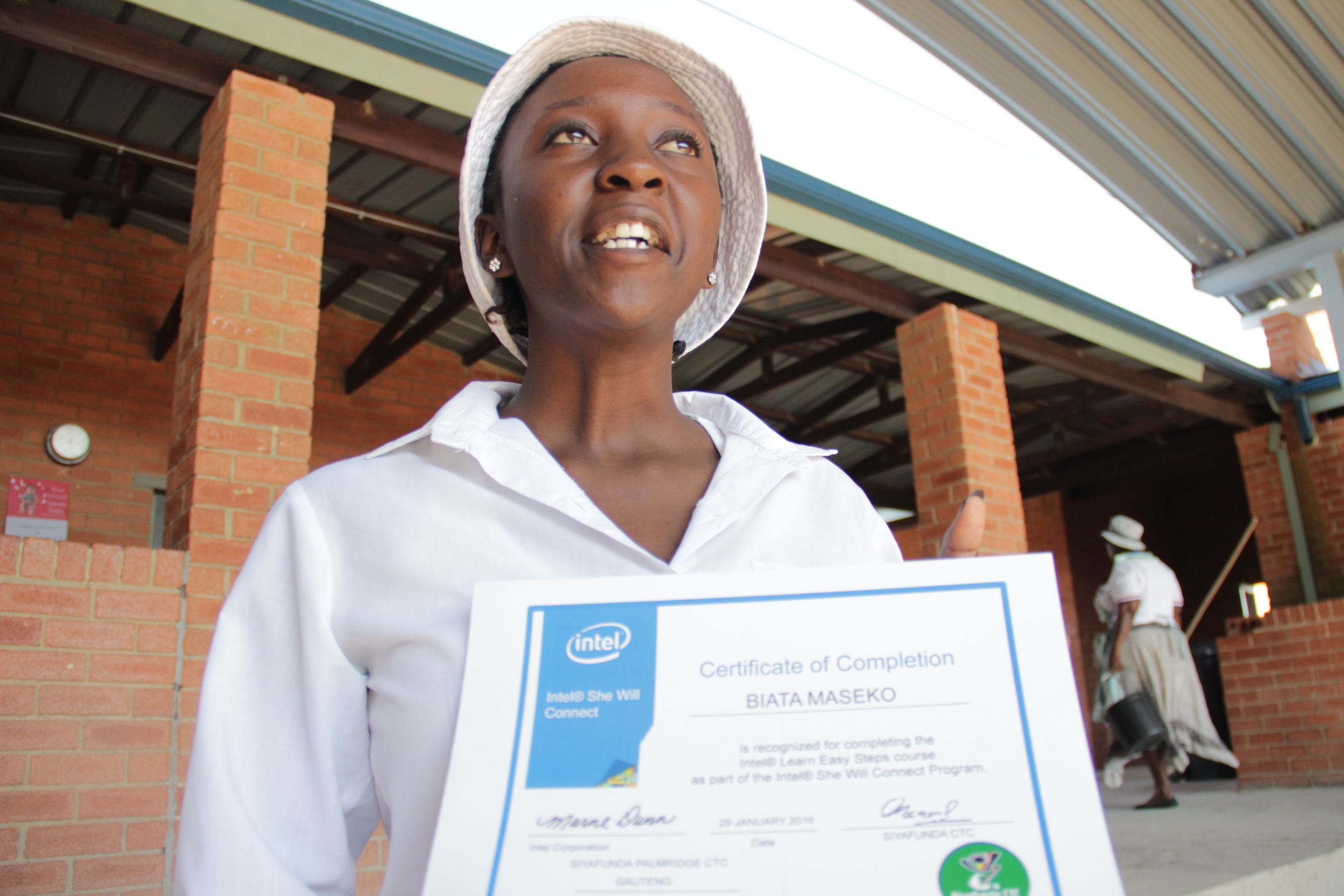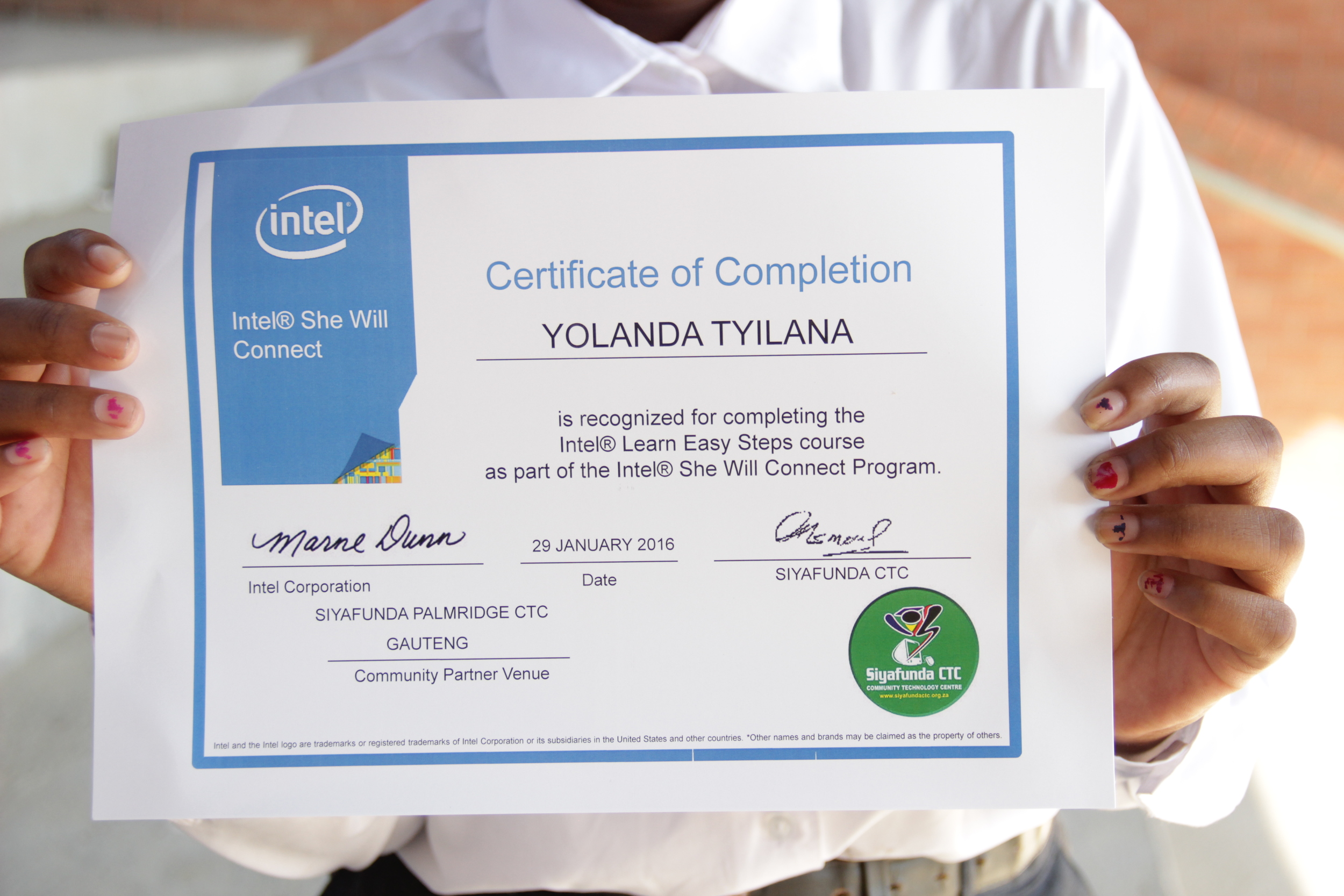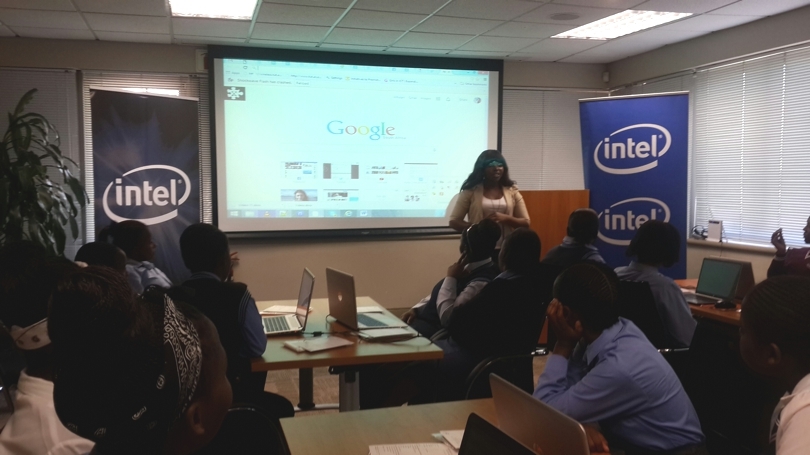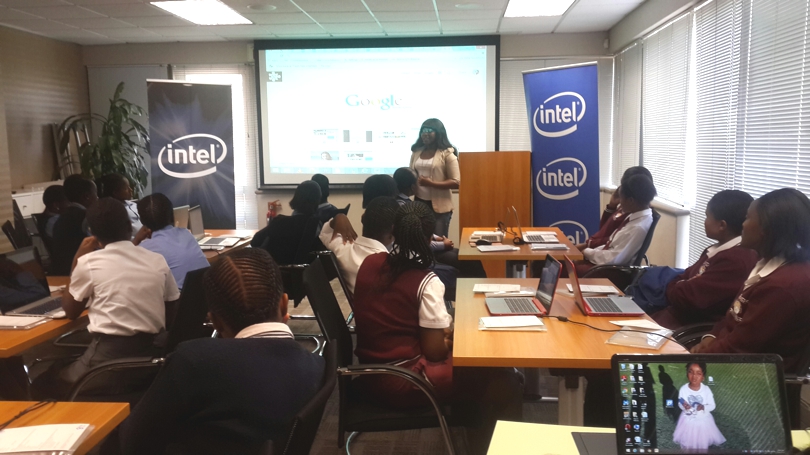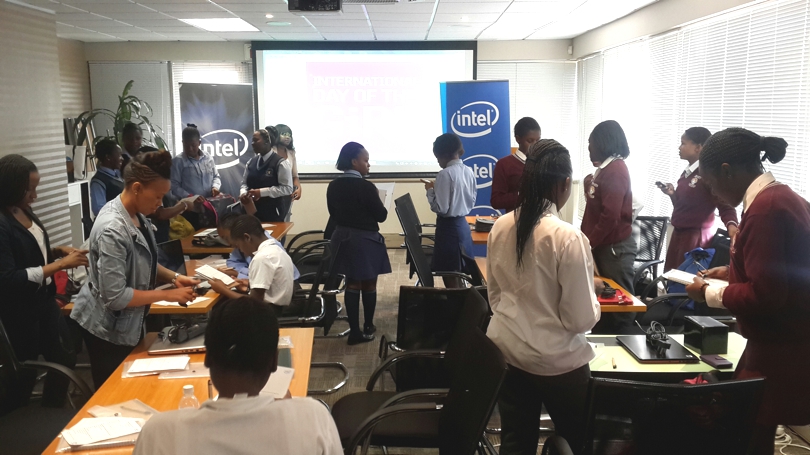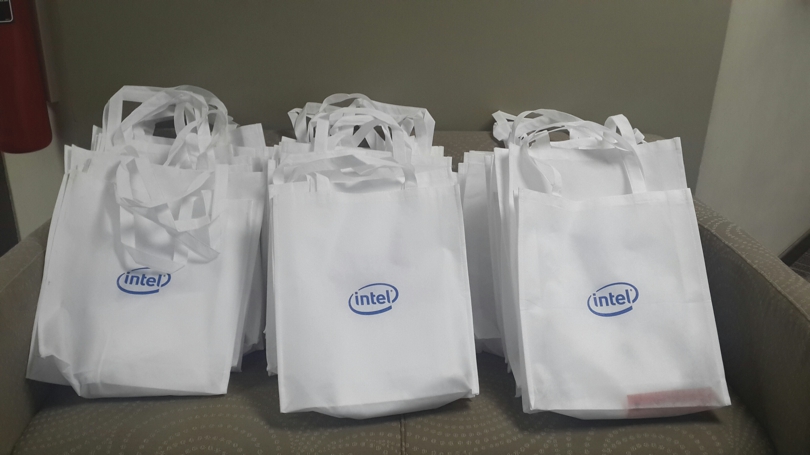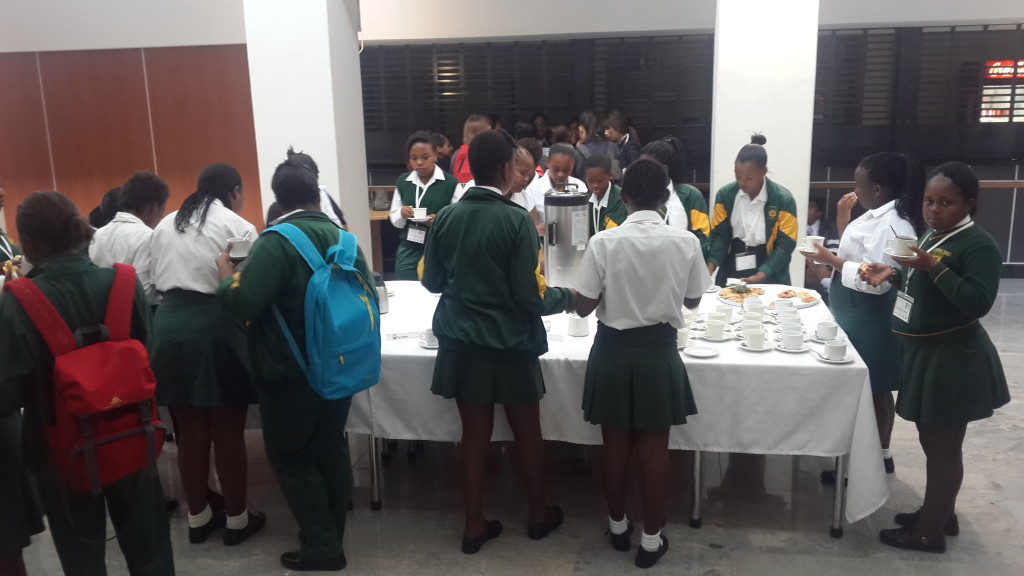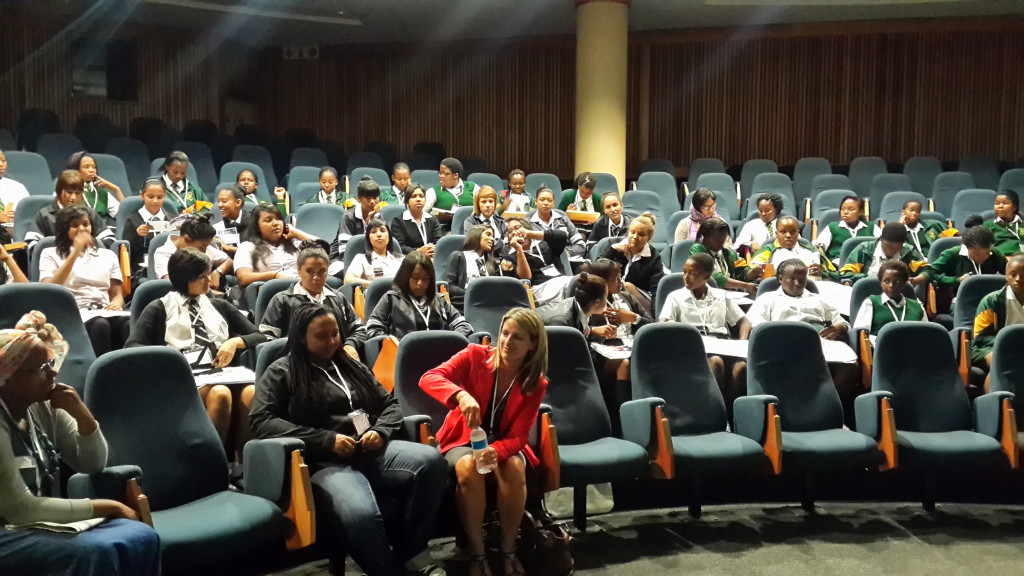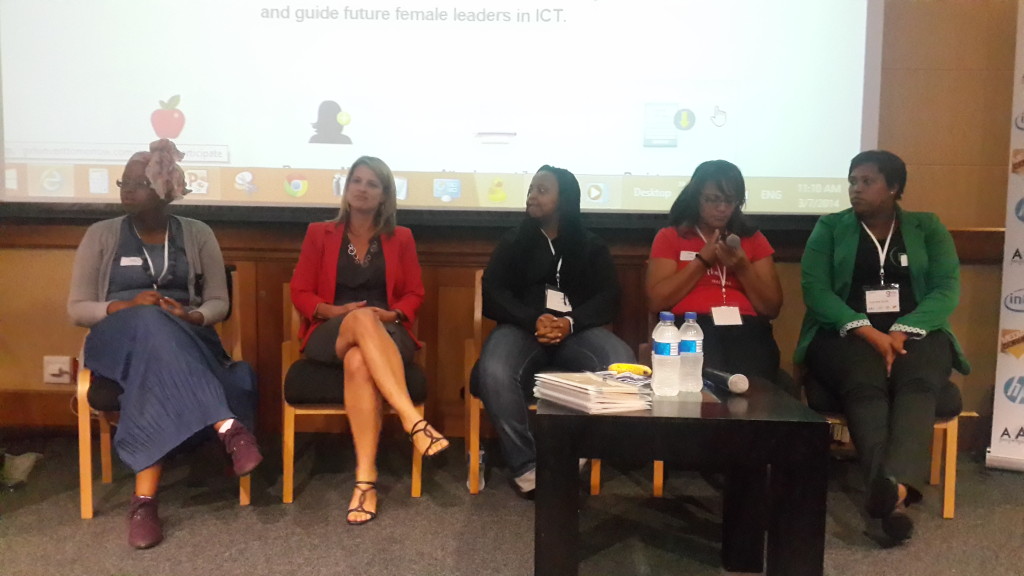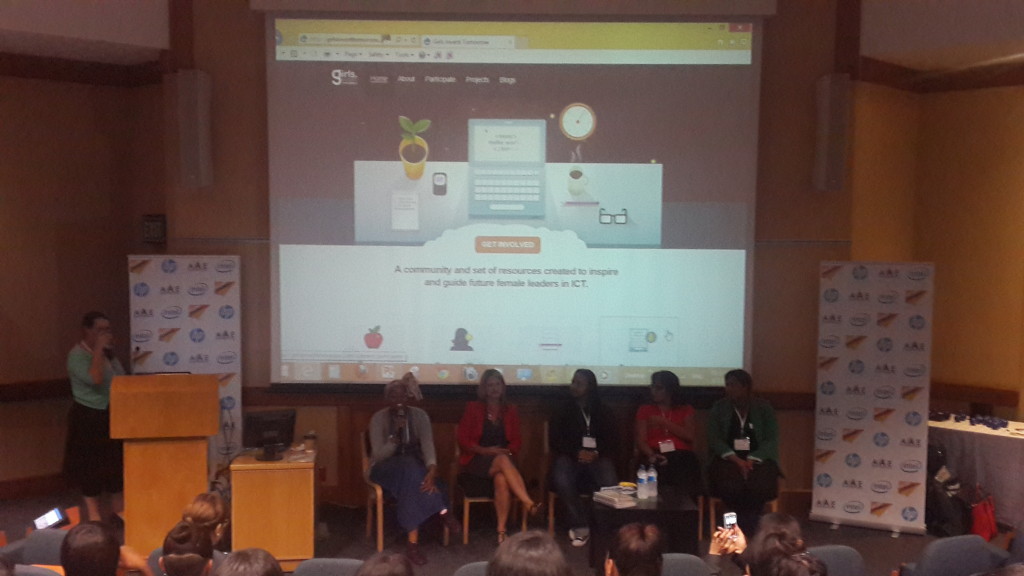In a quest to empower young girls with Technological skills, Girls Invent Tomorrow, has started a project called Tech Saturdays. It is a 12-week course that focuses on exposing learners to different avenues of technology. The project is already on its 10th week. We had a discussion with one of the facilitators of the project, Thabo Sibeko and this is what he shared with us.
Girls Invent Tomorrow: What is the inspiration behind Tech Saturdays?
Thabo Sibeko: Technology continues to be a driver of significant social and economic change in the modern world. People who are technology literate stand at a distinct economic advantage over those who do not have exposure to tech innovation. Technology Saturdays is an attempt to expose young people to the many opportunities that exist within the technology sector of the economy. It is aimed at informing them of the possibilities to either join the existing technology industry or to help shape the innovations of the future.
Why did you get involved in the project?
TS: I have worked in various aspects of the technology space for many years and have seen the opportunities that exist for the tech savvy. These can only be taken advantage of by highly skilled individuals. I am also keenly aware of the many challenges facing the youth of South Africa regarding employment and all the related social obstacles that result from a lack of resources. Tech Saturdays aims to empower the youth to take advantage of the potential of tech skills in the provision of employment, business opportunities and the addressing of key social problems.
Picture: Thabo Sibeko and learners
What kind of materials have you shared with learners?
TS: An introduction to programming including front-end development using HTML, CSS and JavaScript web technologies and related resources.
Why did you choose those materials?
TS: Many people are used to interacting with web applications for educational, work or social reasons (e.g. google, Facebook and twitter web or native apps). We decided that in order to get the learners quickly up to speed with the curriculum it would be useful to start with the platforms they are familiar with. It was important for them to see that they too could create applications that could be used by others for social, business, educational or productivity reasons.
How many learners are involved in the project?
TS: There are ten learners involved in the project.
Describe their progress thus far? Any challenges and successes?
TS: The learners have made significant progress. Some have gone from using PCs for the first time, to being able to write basic interactive web applications. The challenge we had was a lack of practice time on the PCs. Since the learners only have access to the PCs on Saturday, they didn’t get sufficient time to practice what they were learning. This has been addressed by providing a shared laptop to their school so they can get time to practise during the week.
What is the future for Tech Saturdays?
TS: The future of the programme will be confirmed after the conclusion of the first phase. The possibilities are either to continue with a more advanced course with the first group of learners or to introduce a new group to the beginner course or some combination of the two. This first course is 12 weeks long. It started on the 4th of June 2016 and will be ending on 20th of August 2016.
---
Follow #TechSaturdays and @GirlsInvent on Twitter for updates on the project.
